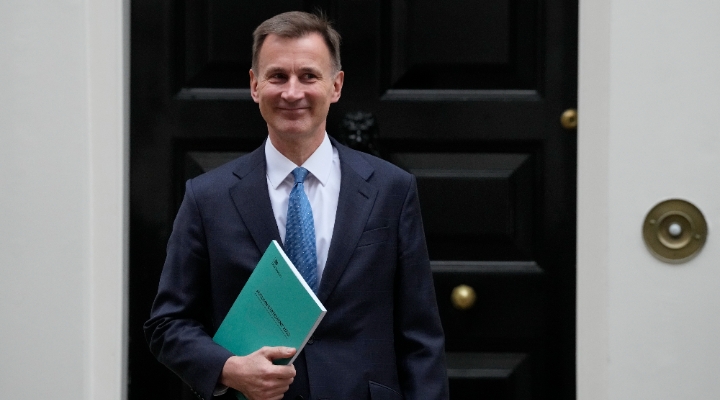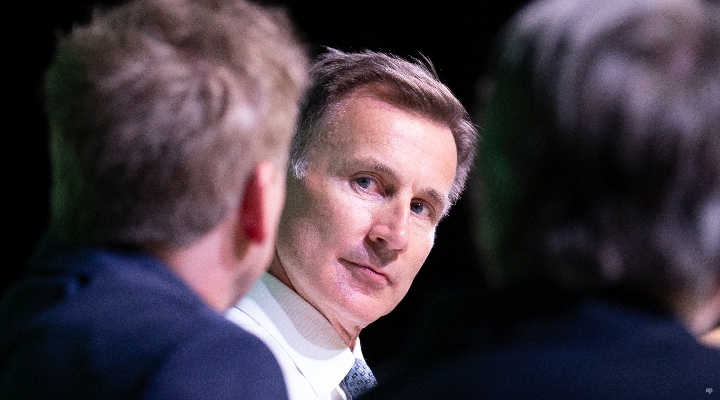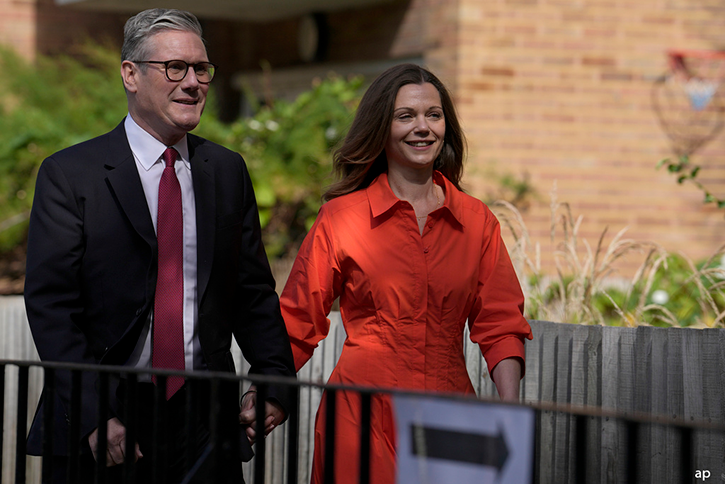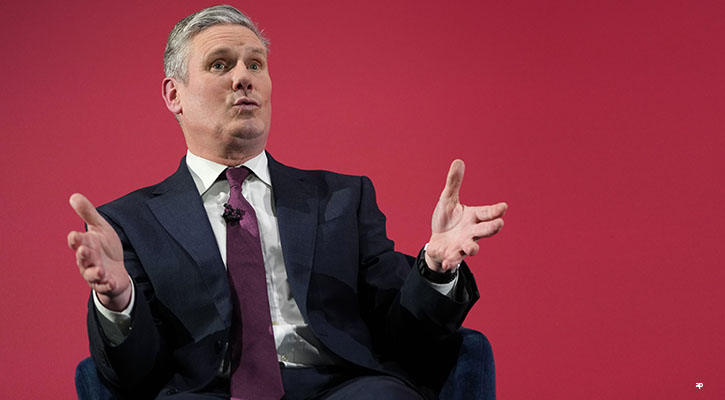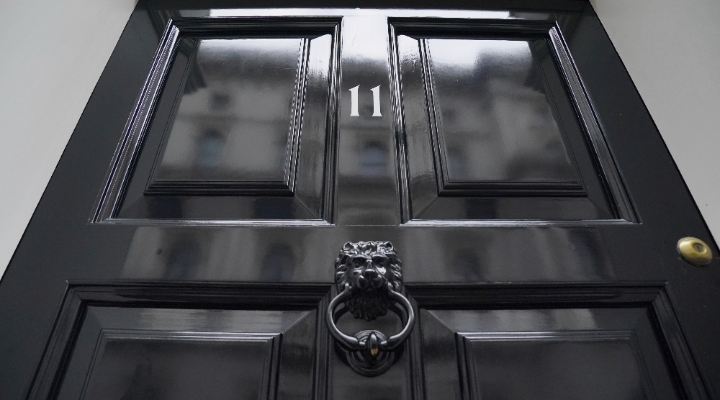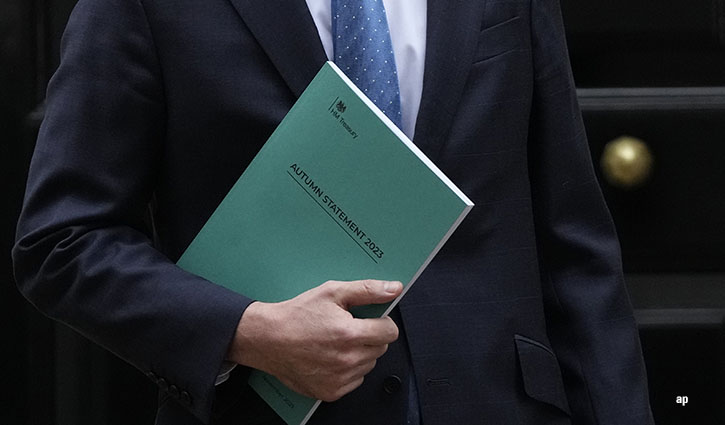
After the speculation about cuts to headline income tax rates, fuelled by Rishi Sunak on Monday, in the end it was national insurance contributions (NICs) that were the main personal finance changes announced in the Autumn Statement.
Billed as the biggest package of tax cuts since the 1980s, the chancellor made changes to NICs for both self-employed and employed workers. The first change announced in the speech involved the scrapping of Class 2 NI, which is currently £3.45 a week; the tax rate on class 4 NICs will drop from 9% to 8% on profits from £12,570 to £50,270. The Treasury estimates that these changes will save the average self-employed person on £28,200 a year £350 a year (for 2024-2025). These changes kick in the next financial year.
But the biggest change will affect the national insurance contributions paid by employees. Every Budget/fiscal event seems to contain a “rabbit” and this was the closest we got; the rate of employee NICs will drop from 12% to 10%. Usually this would have come into effect in the next tax year, but this will kick in on January 6th, 2024. Government estimates suggest that this will save the average person £225/year and someone earning £35,000 a year £450 annually.
But calculations from Megan Rimmer, chartered financial planner at Quilter Private Client Advisers show these savings are worth just £2.68 a week or £139.46 a year because of frozen tax bands and "fiscal drag". If tax bands had increased by 2% a year over the last four years, she says someone earning nearly £35,000 would be a further £308.40 a year better off.
Michael Field, European market strategist at Morningstar, adds:
"For consumers, today’s budget will be taken mildly positively, with NI rates falling and benefits rising by a higher rate than expected. With inflation now forecasted to remain higher for longer, this could go some way to offsetting the likely cutbacks that households will have to make in order to make ends meet, which is also good news for consumer facing businesses."
These changes to personal tax rates were combined with tax incentinves for businesses and the "lower tax, higher growth" mantra of a party gearing up for a General Election.
But income tax thresholds are remaining the same. Surprising nobody, this means "the chancellor is giving with one hand and taking away with another", says Ben Harrison, director of the work foundation at Lancaster University.








